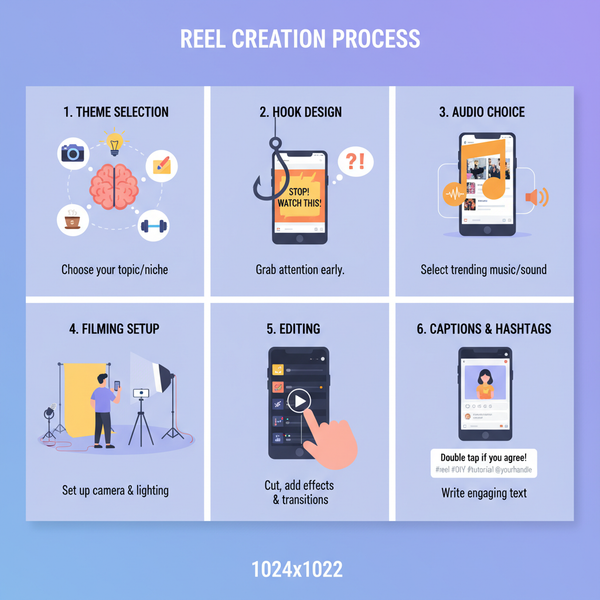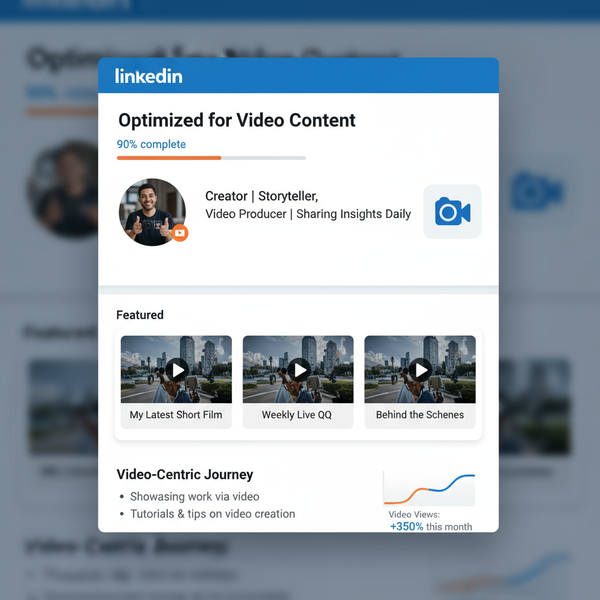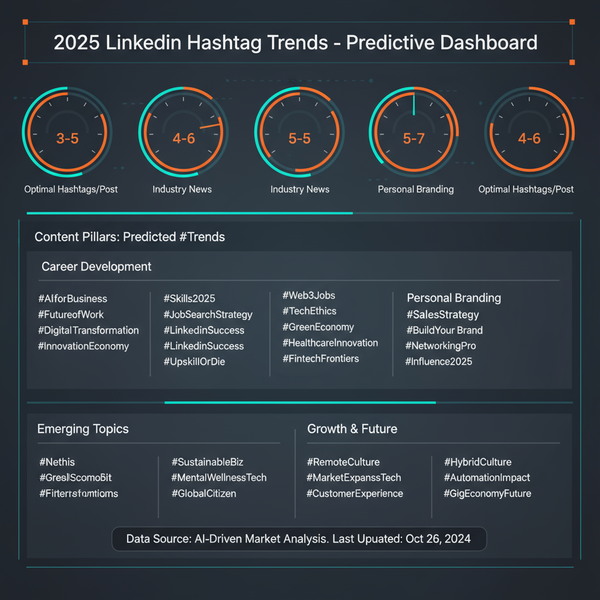How to Make a Facebook Group Page Step by Step
Learn step-by-step how to create a Facebook group, choose privacy settings, optimize its name for SEO, and build an engaged online community.
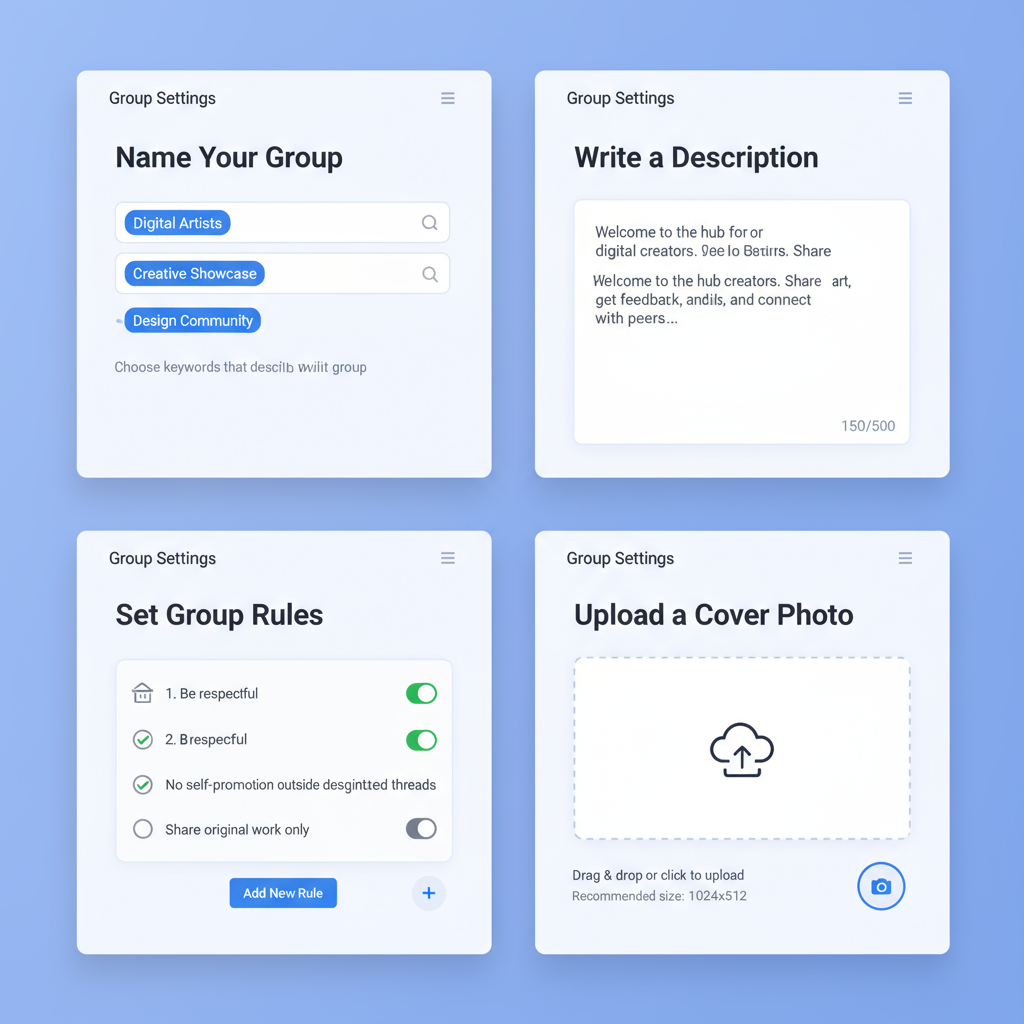
How to Make a Facebook Group Page Step by Step
Creating a Facebook group is one of the most effective ways to build an engaged online community, share information, and connect with people who share similar interests. Whether your aim is to support a cause, form a hobby club, or establish a customer community for your brand, learning how to make FB group page successfully ensures your community grows with purpose and value.

In this comprehensive guide, you’ll learn every step—from defining your group’s objectives to promoting it across channels—so you can set up and maintain a thriving Facebook group that members truly value.
---
Understanding the Difference Between a Facebook Page and a Facebook Group
Before you start, it’s important to understand the difference between a Facebook Page and a Facebook Group so you can pick the right format for your goals.
| Feature | Facebook Page | Facebook Group |
|---|---|---|
| Primary Purpose | Brand or public persona promotion | Community interaction and discussions |
| Interaction Style | One-to-many (broadcast) | Many-to-many (conversation) |
| Visibility | Always public, visible to all | Can be public, closed, or private |
| Features | Analytics, ads, events | Polls, group chats, units/modules |
Tip: If you want to build interaction and regular conversation rather than broadcast updates, a Facebook Group is usually the better choice.
---
Decide the Purpose and Goals for Your Group
Clarify the why before you start building your group. Ask:
- Who is my target audience?
- What topics or activities will drive engagement?
- What benefits will members derive from joining?
- How will I define success—member count, activity level, or conversions?
Concrete goals will help guide your content, settings, and promotional activities.
---
Choose the Right Privacy Setting
Facebook offers three privacy options:
- Public: Everyone can see the posts and members.
- Closed: Members-only content; discoverable in search.
- Private: Completely hidden; invite-only.
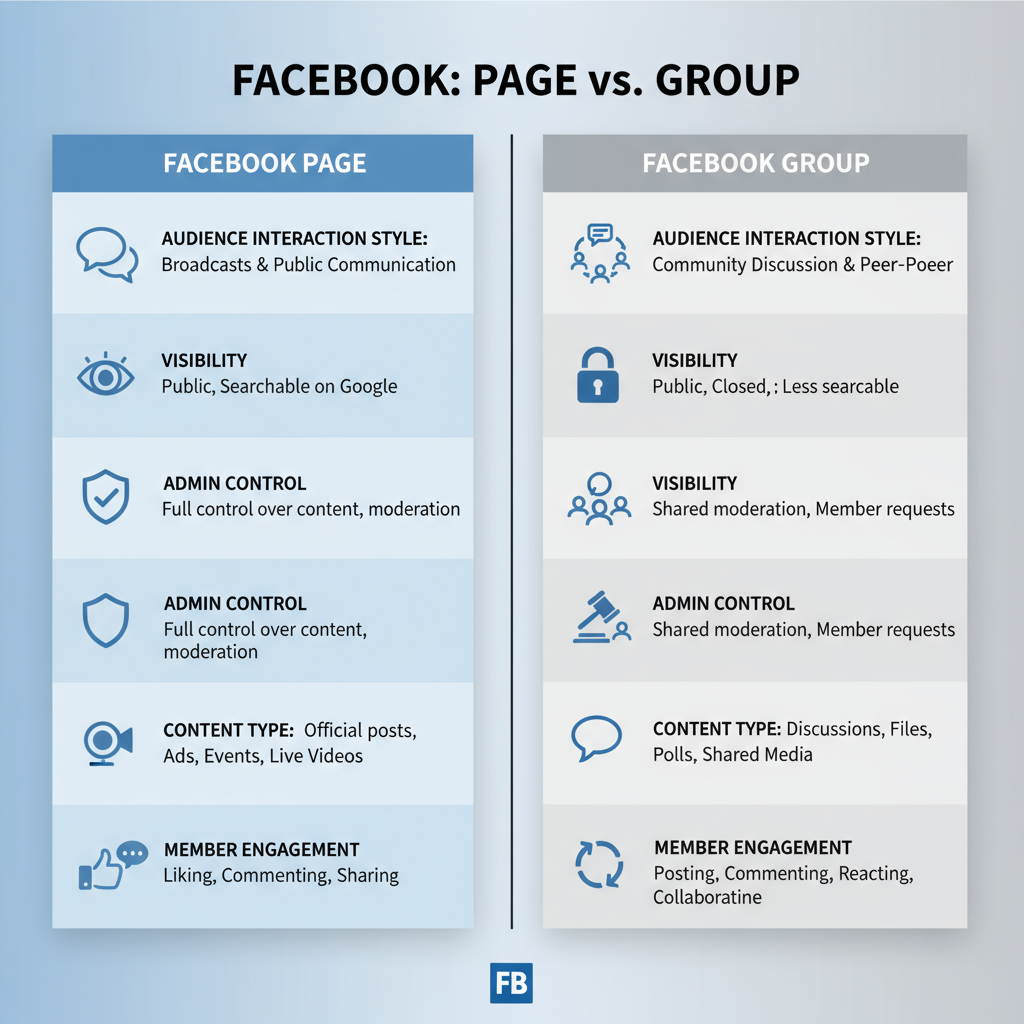
Guideline:
For professional groups, closed privacy often works best. For sensitive or intimate discussions, private is the safer choice.
---
Create the Group on Desktop or Mobile
On Desktop:
- Log in to Facebook.
- Click the “Groups” icon in the left menu.
- Choose Create New Group.
- Add name, privacy, invite at least one friend, then click Create.
On Mobile:
- Tap the menu icon (three lines).
- Go to “Groups” > “Create.”
- Input name and privacy, invite initial members.
- Tap Create Group.
---
Name Your Group with SEO-Friendly Keywords
To boost discoverability:
- Be descriptive: Match the group name to content and purpose.
- Use relevant keywords: Think about terms your audience would search.
- Keep it concise: Easily memorable and clear.
Example: “Digital Marketing Tips for Local Businesses” is clear and search-friendly.
---
Write a Compelling Description and Establish Rules
The “About” section serves as your pitch to prospective members. Include:
- A warm welcome.
- What the group is about.
- Who should join.
- Key benefits and activities.
Example:
> Welcome to the Mountain Hikers Community! A gathering place for hikers of all levels to share trails, tips, and stunning views while organizing meetups in the Pacific Northwest.
Set group rules to outline:
- Posting guidelines.
- Respectful communication.
- Anti-spam policies.
- Feedback channels for members.
---
Customize Branding and Cover Photo
Strong visuals create a lasting first impression.
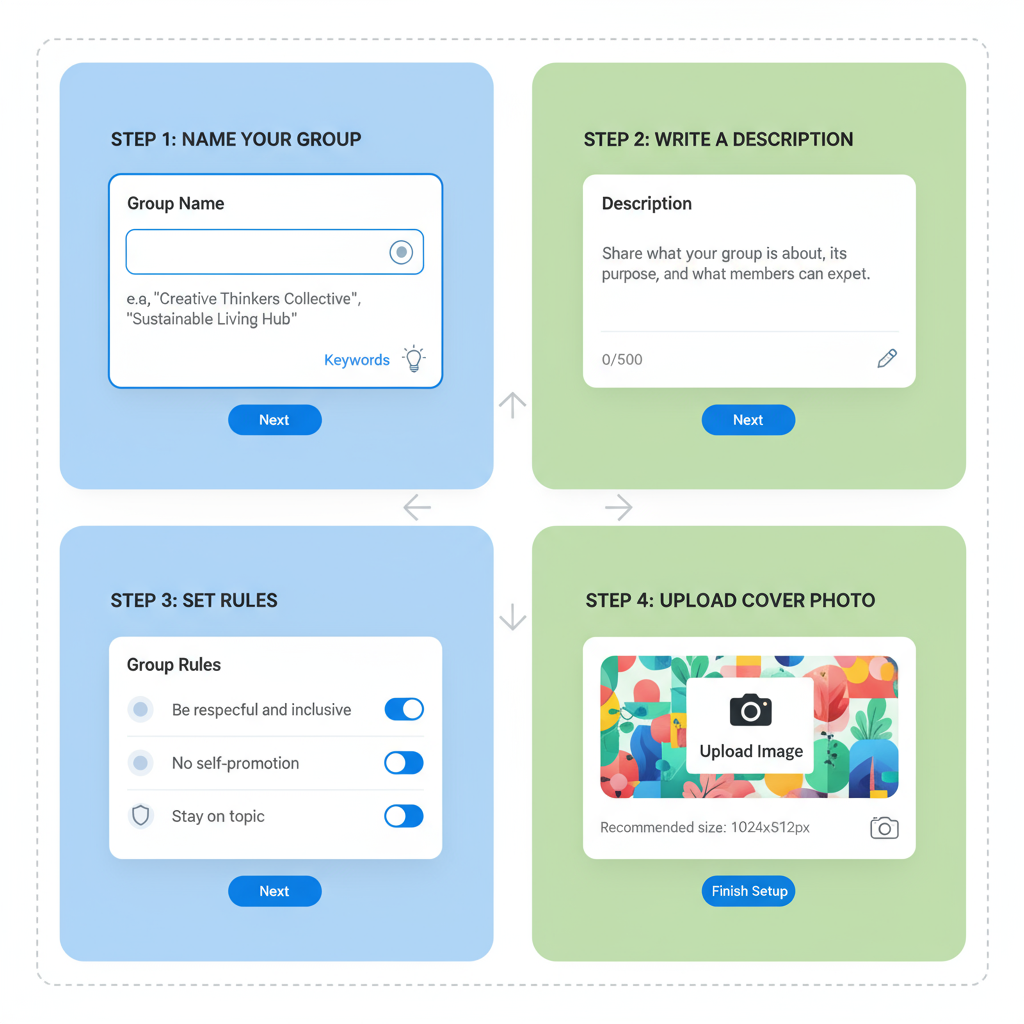
Pro Tips:
- Use a high-resolution cover photo (recommended: 1640 x 856 pixels) that fits the group’s theme.
- Maintain consistent brand colors and fonts if applicable.
- Add your logo or icon to reinforce brand identity.
---
Invite Core Members and Encourage Participation
Kick-start engagement by inviting:
- Friends, colleagues, or clients.
- Enthusiasts already familiar with your topic.
- Contacts from your mailing list or other platforms.
Encourage early members to post content—introductions, tips, or resources.
---
Pin a Welcome Post with Orientation Guidelines
A pinned welcome post should:
- Thank members for joining.
- Introduce yourself or the admin team.
- Summarize rules.
- Suggest the first activity, such as members sharing their name, location, and interests.
---
Establish Regular Content Themes
Themed days keep content fresh and predictable. Examples:
- Motivation Monday – Inspire with success stories or quotes.
- Tip Tuesday – Share practical advice.
- Photo Friday – Invite visual contributions.
Themes help both admins and members know what to post and when.
---
Moderate and Maintain a Safe Space
Effective moderation keeps communities healthy:
- Check new posts daily.
- Approve or decline join requests promptly.
- Address rule-breaking quickly.
- Encourage kindness and positivity.
Model the standards you want members to uphold.
---
Analyze Growth with Group Insights
Use Facebook’s built-in analytics to track:
- Member activity.
- Top-performing posts.
- Engagement patterns.
Adjust your posting strategy to amplify what works and phase out underperforming content.
---
Promote Beyond Facebook
Draw in new members through:
- Shares on your Facebook Page.
- Other social media channels.
- Email newsletters.
- Website banners or blog mentions.
Cross-platform promotion captures audiences already aligned with your topic.
---
Boost Engagement with Polls, Events, and Live Sessions
Incorporate interactivity:
- Polls: Gather preferences and ideas.
- Events: Host virtual hangouts or real-world meetups.
- Live videos: Offer Q&A sessions, tutorials, or news updates.
---
Evolve Group Settings Over Time
As the group matures:
- Update rules to reflect new circumstances.
- Refresh visuals periodically.
- Adjust privacy according to growth needs.
- Add more moderators for larger communities.
---
Summary and Next Steps
By following these steps, you can master how to make FB group page that attracts and retains members. With clear goals, strategic branding, consistent content, and active moderation, your Facebook group can become a vibrant hub for discussion, learning, and connection.
Start building your group today—your future community is just a few clicks away. Engage your followers, deliver value, and watch your online network flourish.

